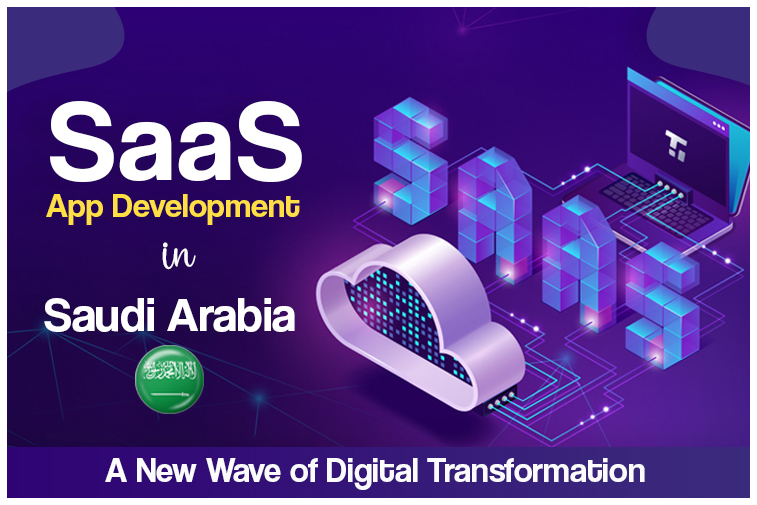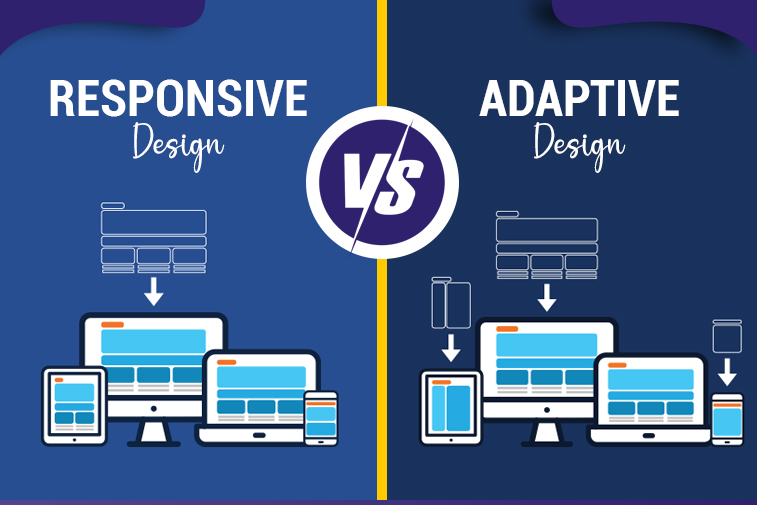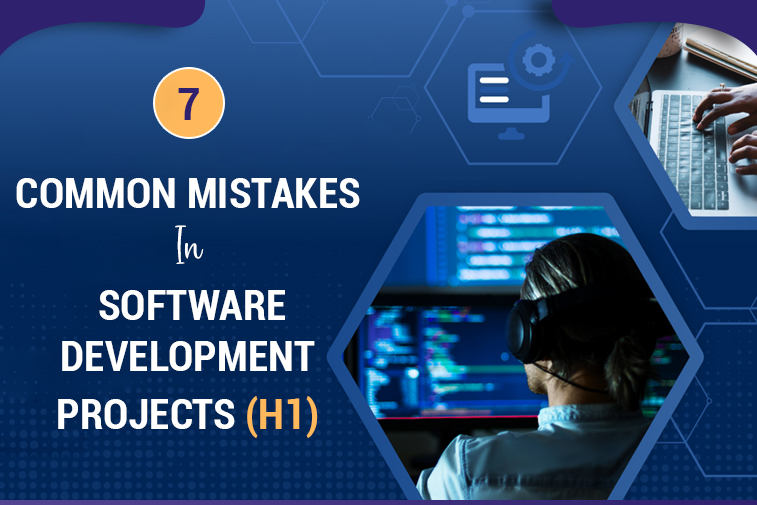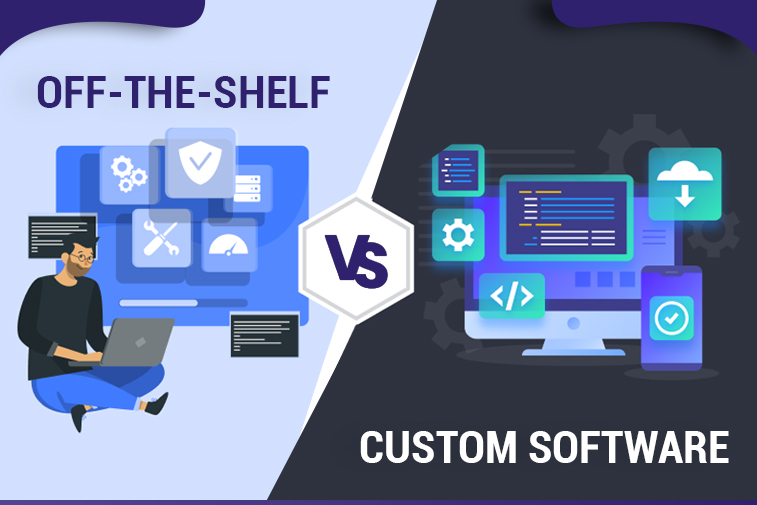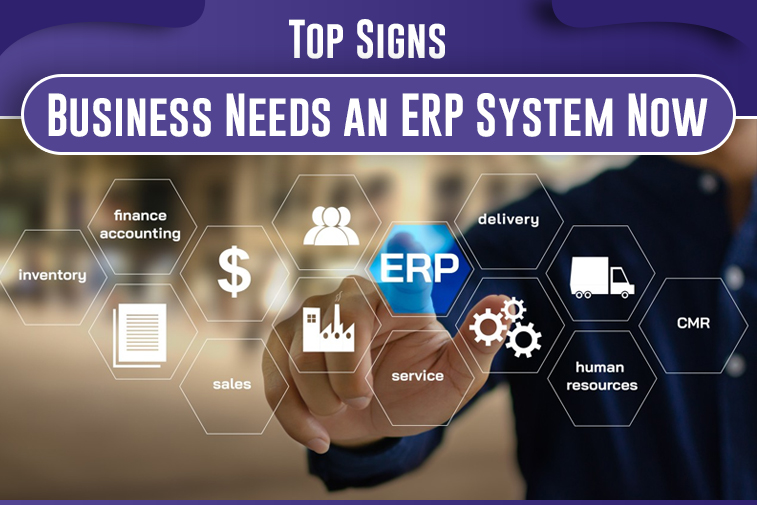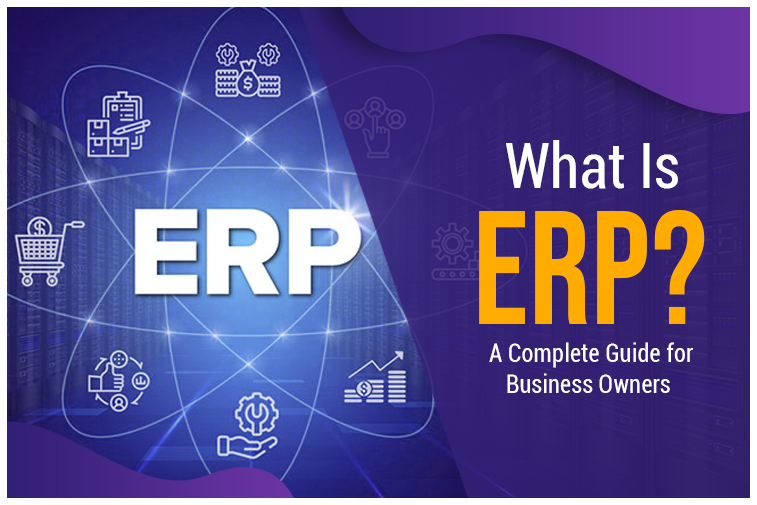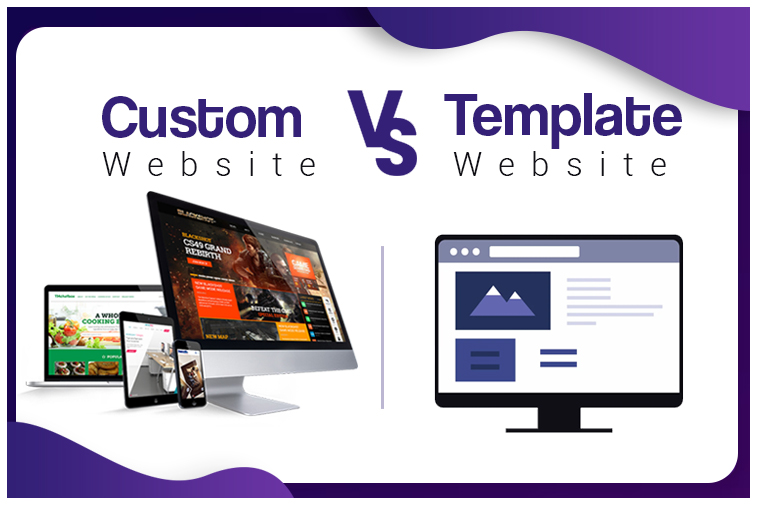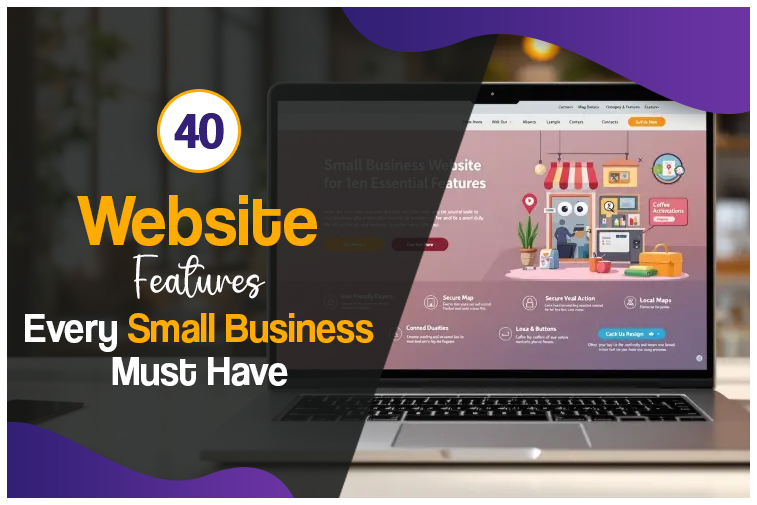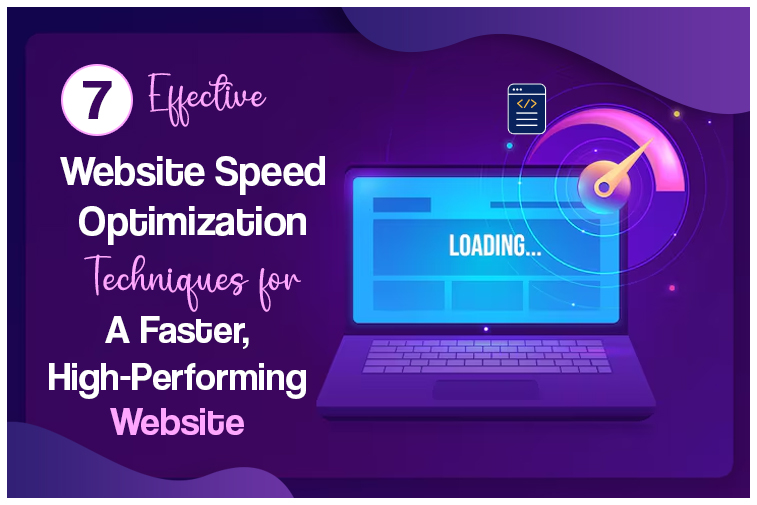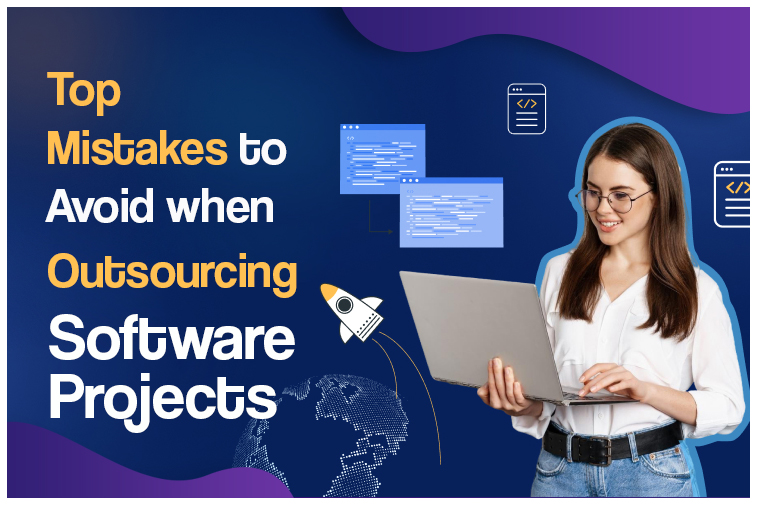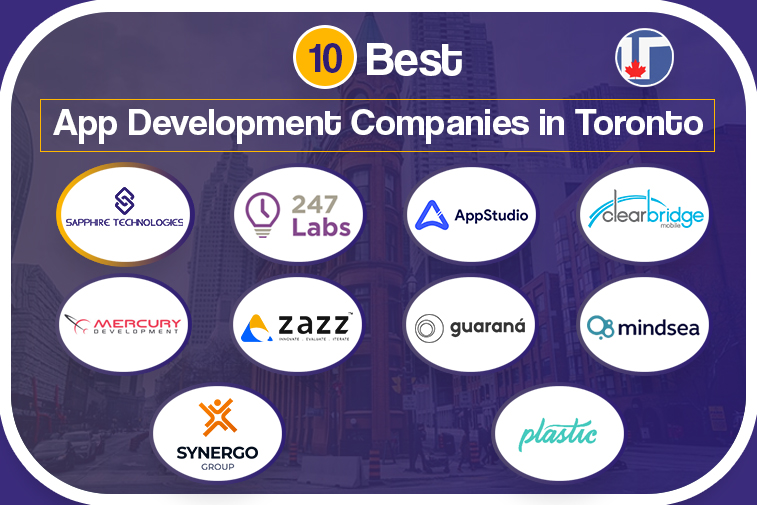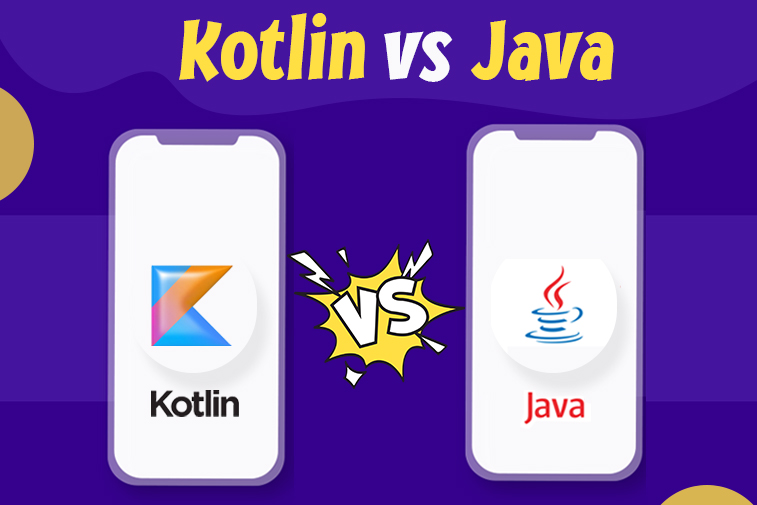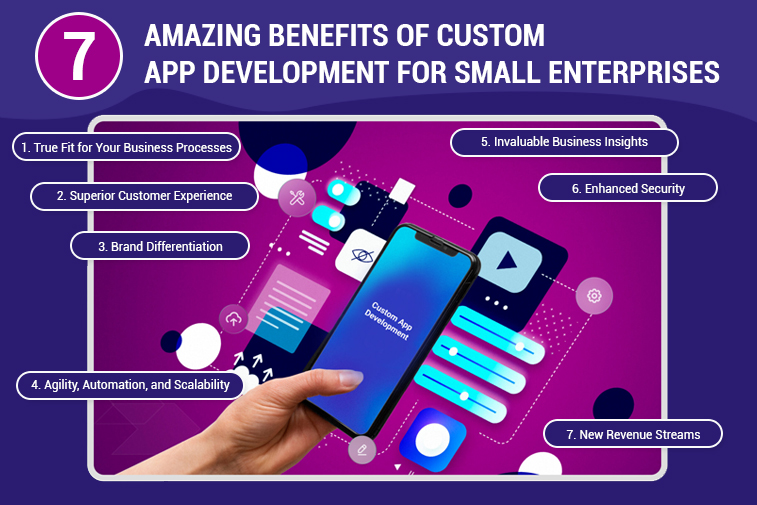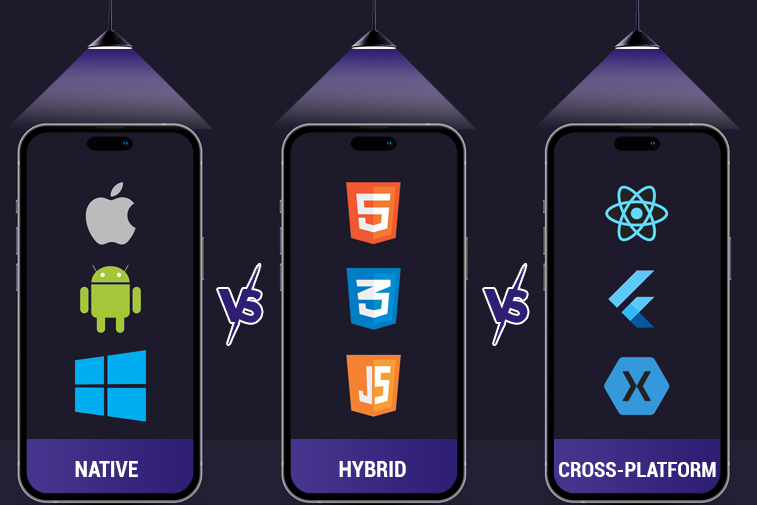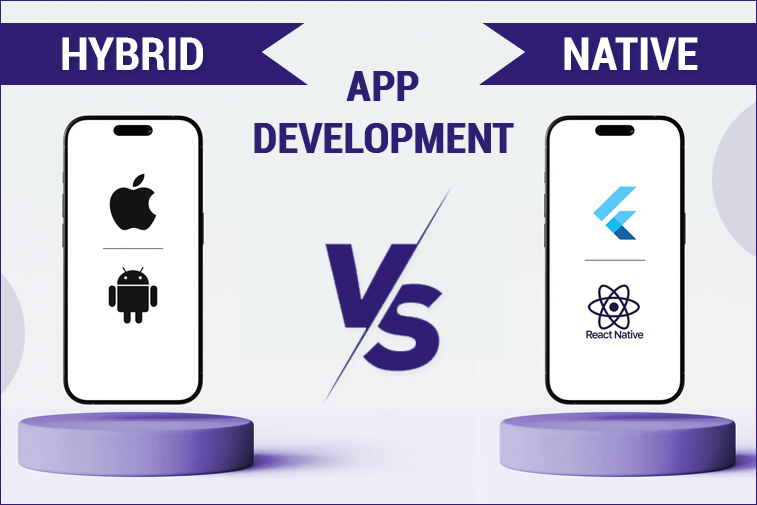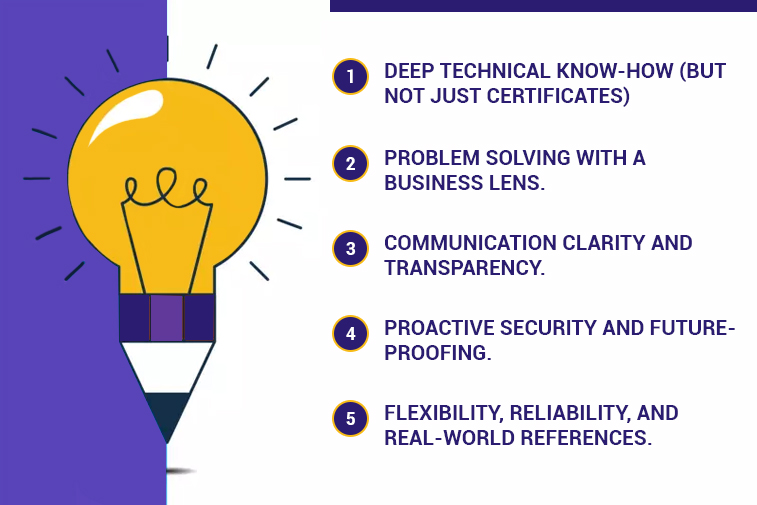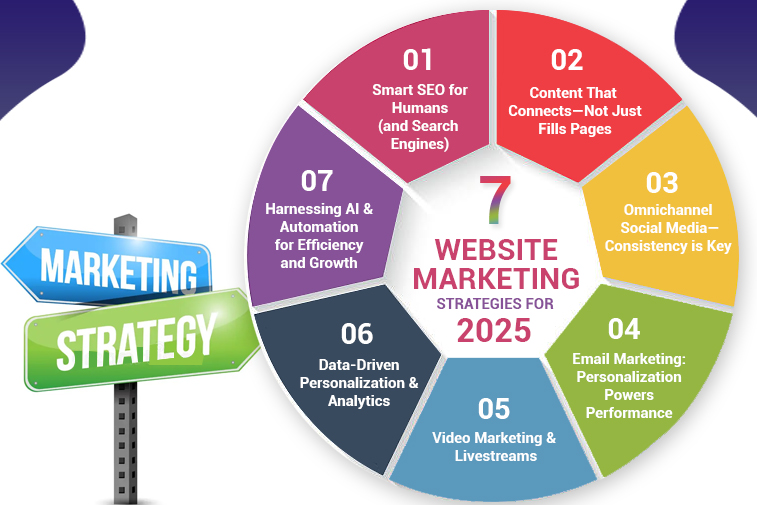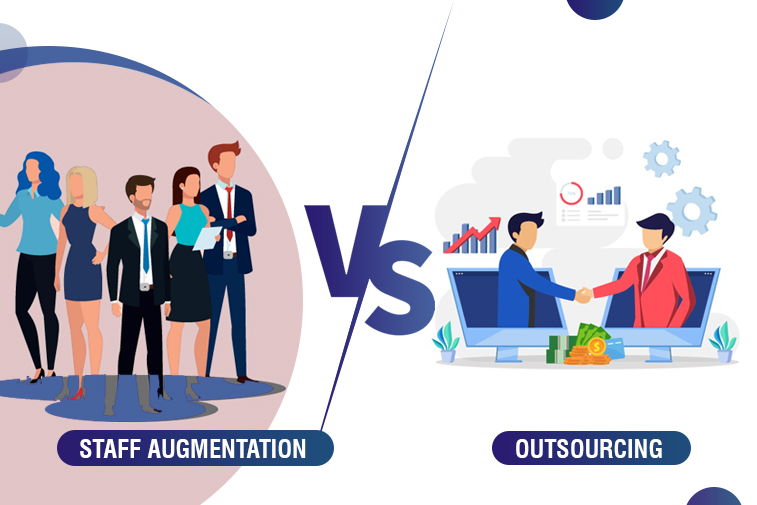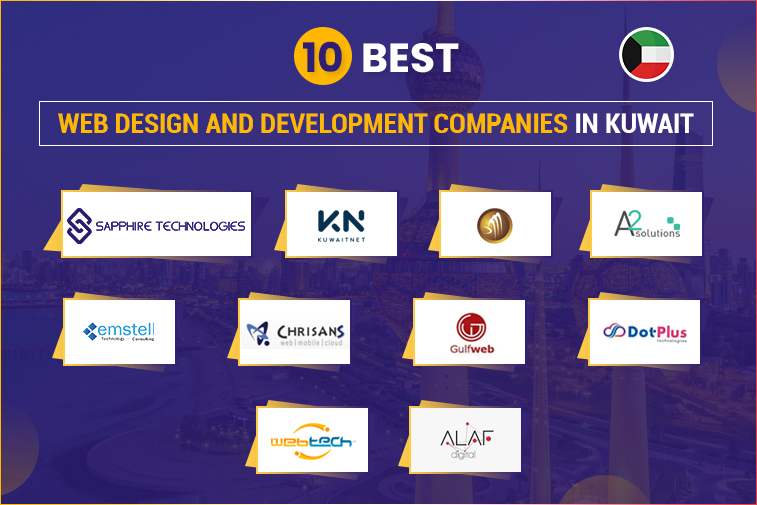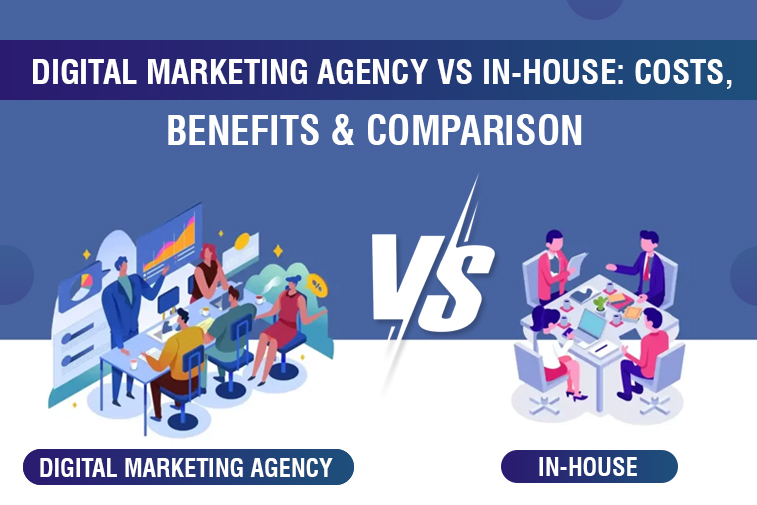SaaS App Development in Saudi Arabia: A New Wave of Digital Transformation
Digital transformation is redefining the world around us, breaking down barriers and unlocking new opportunities. In Saudi Arabia, one of the most exciting developments fueling this change is the rapid growth of SaaS app development. As the Kingdom pursues Vision 2030, organizations are reimagining their operations with cloud-based software, making “SaaS App Development in Saudi Arabia” a key driver of national progress.
What is SaaS App Development?
Before taking a closer look at the Saudi market, let’s start with the basics: what is SaaS app development?
SaaS, or “Software as a Service,” is a model where applications are hosted in the cloud and accessed over the internet. Instead of purchasing and installing software on every device, businesses and individuals simply subscribe to a service and log in from anywhere. SaaS app development refers to the process of building these cloud-based applications for web or mobile use.
A typical SaaS solution includes:
- A centralized application hosted on remote servers (the cloud)
- User access via web browser or mobile app
- Regular, automatic updates and bug fixes managed by the provider
- Subscription-based pricing (monthly or annual plans)
- Built-in support for analytics, security, and scalability
This approach eliminates the need for hefty upfront investments, infrastructure complexity, and ongoing maintenance—making innovation more accessible to all.
The Rise of SaaS App Development in Saudi Arabia
In recent years, Saudi Arabia has emerged as a regional leader in digital transformation, fueled by a technology-forward government, increasing demand for smart solutions, and a strategic push to diversify the economy beyond oil.
Vision 2030 and Digital Policy
The Saudi Vision 2030 initiative is at the heart of this evolution. The government has enacted ambitious projects and policies, including the “Cloud First Policy,” which encourages the public sector and enterprises to prioritize cloud solutions—including SaaS platforms.
This policy environment has ignited the SaaS App Development in Saudi Arabia trend almost overnight. Today, sectors like healthcare, education, banking, energy, and logistics are rounding out their digital toolkits with customizable, cloud-based applications crafted for local needs.
Market Growth and Opportunity
According to market reports, the Saudi SaaS market is growing rapidly and is projected to exceed $790 million by 2029, with a CAGR of over 13% in the years ahead. This growth is driven by several factors:
- Smart city and national infrastructure projects (e.g., NEOM City)
- Large-scale investment in digital literacy and cloud infrastructure
- Global tech giants like Google Cloud and AWS establishing local data centers
- Thriving ecosystem of homegrown startups and IT service providers
With cloud adoption surging, the Kingdom is experiencing a “new wave of digital transformation.” Businesses, government bodies, and even SMEs are seeking efficient, scalable solutions—unlocking immense opportunities for SaaS app development firms.
SaaS App Development Benefits
What makes SaaS the preferred choice for so many Saudi organizations? Here’s a closer look at the benefits of SaaS app development in Saudi Arabia:
1. Cost Efficiency
SaaS eliminates upfront costs for licenses, servers, and IT infrastructure, replacing them with pay-as-you-go subscriptions. This approach frees up capital and lets even smaller businesses adopt world-class solutions.
2. Rapid Deployment
Since SaaS apps are hosted and managed in the cloud, they can be deployed across entire organizations in days, not months. Updates and new features are rolled out automatically, so users always benefit from the latest capabilities.
3. Scalability
As Saudi businesses expand, their software needs evolve. SaaS applications easily adjust to handle more users or data—without expensive upgrades or service interruptions.
4. Accessibility and Mobility
With SaaS solutions, employees can access software from anywhere in the world—using laptops, tablets, or smartphones. This is especially valuable in a post-pandemic environment dominated by remote teams and flexible work arrangements.
5. Strong Security
Global SaaS vendors invest heavily in security, compliance, and data protection. In-country data centers and local regulations further reassure Saudi clients that sensitive data is handled safely and complies with digital sovereignty laws.
6. Seamless Integration
Today’s SaaS applications effortlessly integrate with CRM, ERP, payment solutions, and other business tools via APIs. This means smoother workflows and efficient collaboration across departments.
7. Innovation and Agility
Saudi Arabian organizations want more than “just” basic software—they seek solutions that adapt to their growth. SaaS enables rapid iteration, automated updates, and access to emerging technologies like AI, analytics, and machine learning.
Digital Transformation Use Cases for SaaS in Saudi Arabia
Let’s explore real scenarios where “SaaS App Development in Saudi Arabia” is powering transformation:
Smart Government Services
Government agencies are implementing SaaS to streamline citizen services, automate workflows, and improve transparency. Cloud-based HR, finance, and communication platforms enable ministries to collaborate seamlessly and innovate faster.
Healthcare Modernization
Hospitals and clinics are deploying SaaS-based patient management, appointment scheduling, and telemedicine platforms. This not only reduces operational overhead but also enhances patient care and access for remote communities.
Fintech and Banking
Banks and fintech firms use SaaS for core banking, digital wallets, AI-driven customer support, and regulatory compliance. By leveraging SaaS, financial institutions can launch new products rapidly and provide frictionless digital experiences.
Education and E-learning
SaaS solutions power Saudi Arabian schools, universities, and private training centers with cloud-based learning management systems (LMS), virtual classrooms, and digital assessment tools—preparing students for a digital future.
Retail and E-commerce
Retailers rely on SaaS ERP, inventory management, CRM, and analytics to personalize customer journeys, optimize supply chains, and operate across both physical and online channels.
Best Practices for SaaS App Development in Saudi Arabia
Developing a successful SaaS application for the Saudi market requires a thoughtful approach:
1. Market Research and Localization
Begin with in-depth market research to understand local needs, regulatory requirements, and user preferences. Localization—including language support (Arabic/English), compliance with Saudi laws, and regional payment integration—is essential for adoption.
2. User-Centric Design
Saudi users expect intuitive, mobile-friendly interfaces. Invest in user experience (UX) and accessibility, ensuring your app works smoothly on smartphones, tablets, and desktops.
3. Scalability and Reliability
Build a cloud-native, modular architecture that supports growth and delivers high performance—even during spikes in demand. Leverage reliable infrastructure and reputable cloud providers with a local presence.
4. Robust Security
With data privacy and digital sovereignty as national priorities, implement robust security protocols such as end-to-end encryption, strict user authentication, regular compliance audits, and in-country data hosting.
5. Agile Development and Continuous Improvement
Adopt agile principles: release MVPs, gather user feedback, and update your app iteratively. Listen to your Saudi users—continuous improvement is key to long-term success.
Future Trends in SaaS App Development for Saudi Arabia
The Saudi SaaS market is on the brink of even greater transformation. Here’s what to expect:
- AI and Machine Learning: SaaS apps will feature increasingly advanced AI tools for automation, analytics, and customer support—helping businesses make smarter decisions.
- Vertical SaaS: Industry-focused SaaS solutions for sectors like energy, construction, or logistics will see rapid adoption, offering tailored compliance and features.
- Data Sovereignty and Compliance: With new data laws and local data centers, Saudi businesses will choose SaaS providers that guarantee in-country data processing.
- IoT Integration: SaaS apps will play a vital role in connecting and managing IoT devices, especially across smart city and industrial projects in the Kingdom.
- Ecosystem Partnerships: Collaboration between local startups and global tech companies will produce innovative, Saudi-specific SaaS products.
Conclusion
SaaS app development is propelling a new wave of digital transformation in Saudi Arabia. Supported by forward-thinking government policies, robust infrastructure, and a dynamic business ecosystem, SaaS empowers organizations of all sizes to innovate, improve productivity, and drive national growth.
Now is the perfect time to explore SaaS app development in Saudi Arabia—unlocking the benefits of flexibility, scalability, and cost-efficiency as you help shape the Kingdom’s digital future.
Are you looking for expert guidance or custom SaaS app development in Saudi Arabia? Contact Sapphire Technologies—your trusted partner for digital innovation and transformationtion.
SaaS application in Saudi Arabia FAQs
1. What is SaaS app development?
SaaS app development is the process of creating software applications that are hosted in the cloud and delivered to users over the internet via subscription. It enables users to access software from any device, anytime, without needing to install or maintain it locally.
2. What are the main benefits of SaaS app development for Saudi businesses?
SaaS apps provide lower upfront costs, rapid deployment, easy scalability, robust security, and effortless updates. They help Saudi firms innovate quickly and adapt to changing digital needs.
3. How fast can I launch a SaaS application in Saudi Arabia?
Development times vary based on features and complexity, but with cloud-based solutions and expert teams, many SaaS applications can go live in a matter of weeks to a few months.
4. Is SaaS app development secure for handling sensitive business data?
Yes, leading SaaS providers implement advanced security measures including encryption, regular audits, and in-country data hosting, all aligned with Saudi regulations for digital security and data sovereignty.
5. Can SaaS apps be built in Arabic for Saudi customers?
Absolutely. Local SaaS developers can fully localize applications—supporting both Arabic and English, adapting to cultural context, and integrating with regional payment systems.
6. What industries in Saudi Arabia benefit most from SaaS applications?
Key sectors using SaaS apps include government, healthcare, finance, education, retail, and industrial services, with rapid adoption for anything from HR and ERP to e-learning and fintech.
7. How much does it cost to develop a SaaS app in Saudi Arabia?
Costs depend on app complexity, features, platforms, and developer expertise. Typical SaaS app development in Saudi Arabia can range from SAR 75,000 to over SAR 500,000 for large enterprise solutions.

 Saudi
Saudi Dubai
Dubai Kuwait
Kuwait Toronto
Toronto London, UK
London, UK India
India
